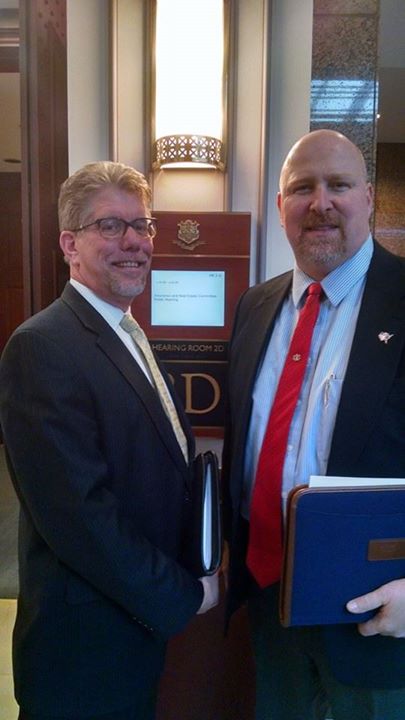In announcements this week, Google and Facebook have announced that they will no longer allow ads for bail bonds on their platforms. As part of a broader effort to protect users from ‘deceptive or harmful content’ Google’s announcement cited a 2016 study which surmised: ‘for profit bail bond providers make most of their revenue from communities of color and low income neighborhoods when they are at their most vulnerable’.
David Graff, Google’s Director of Global Product Policy said:
“We made this decision based on our commitment to protect our users from deceptive or harmful products, but the issue of bail bond reform has drawn support from a wide range of groups and organizations who have shared their work and perspectives with us, including the Essie Justice Group, Koch Industries, Color of Change and many civil and human rights organizations who have worked on the reform of our criminal justice system for many years.”
This is not the first time Google has exerted its influence for social change, in 2016 Google took the decision to ban adverts from payday loan providers following evidence that the industry targeted financially at risk people.
Facebook’s vice president of global policy Monika Bickert reported on the same day the social network would stop taking ads from the bail bonds industry; she was cited as saying “Advertising that is predatory doesn’t have a place on Facebook.’
Like any other industry, there are unscrupulous players in the bail bonds industry, on the whole however bail bondsmen provide an important public service, at no cost to the taxpayer, helping to keep people out of jail while awaiting trial, and with their families, all the while helping them to navigate the complex US legal system.
Another study released in 2016 by the anti bail “Prison Policy Initiative” found that "there are 646,000 people locked up in more than 3,000 local jails throughout the US” What they fail to tell you is that more than half have been convicted or are being held for violent crimes. Nearly 20% more are alleged drug dealers during the opioid epidemic.
In most states bail bondsman fees are heavily regulated, either capped or set at a fixed rate by legislators. This makes it not possible for bondsmen to exploit low income communities or those of color. Studies find bail bonds are taken out in communities of low income or color when it is these communities where they are often needed. Preventing bail bond agencies from advertising on Google or Facebook does not change the need to pay for bail, but makes it harder to find it. The blanket ban does not take into consideration legitimate bail bond companies. A lack of ads could reduce competition, potentially increasing costs. This means that more people will find themselves in jail for longer.
The ban, which comes into force in July, may help to filter out some bail bondsmen. As bail bond agents will still be searchable in Google organic listings, the move will prevent unethical players from ‘gaming the system’ to appear at the top of the page; instead bail bondsmen will be ranked according to merit using Google’s highly sophisticated metrics.

